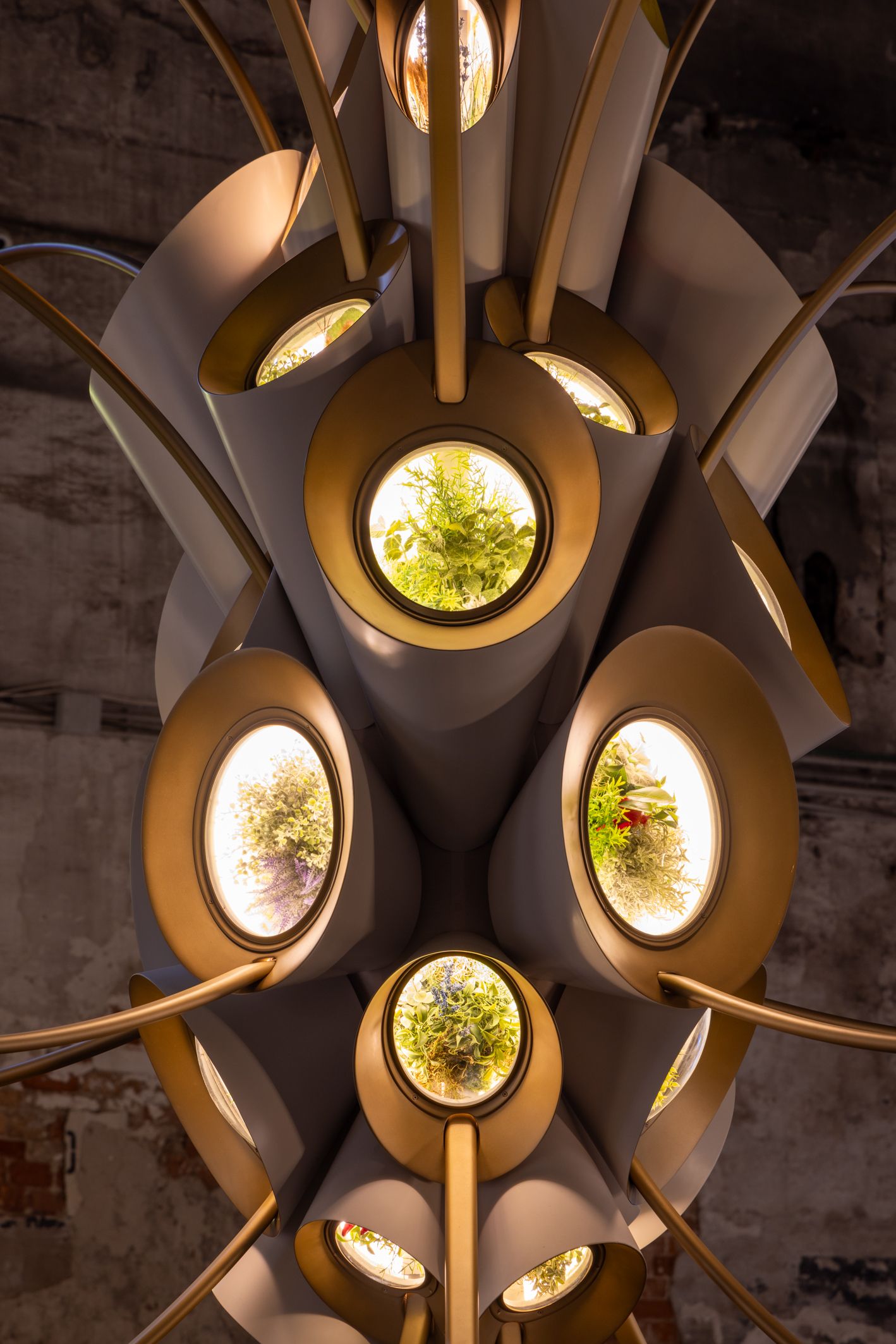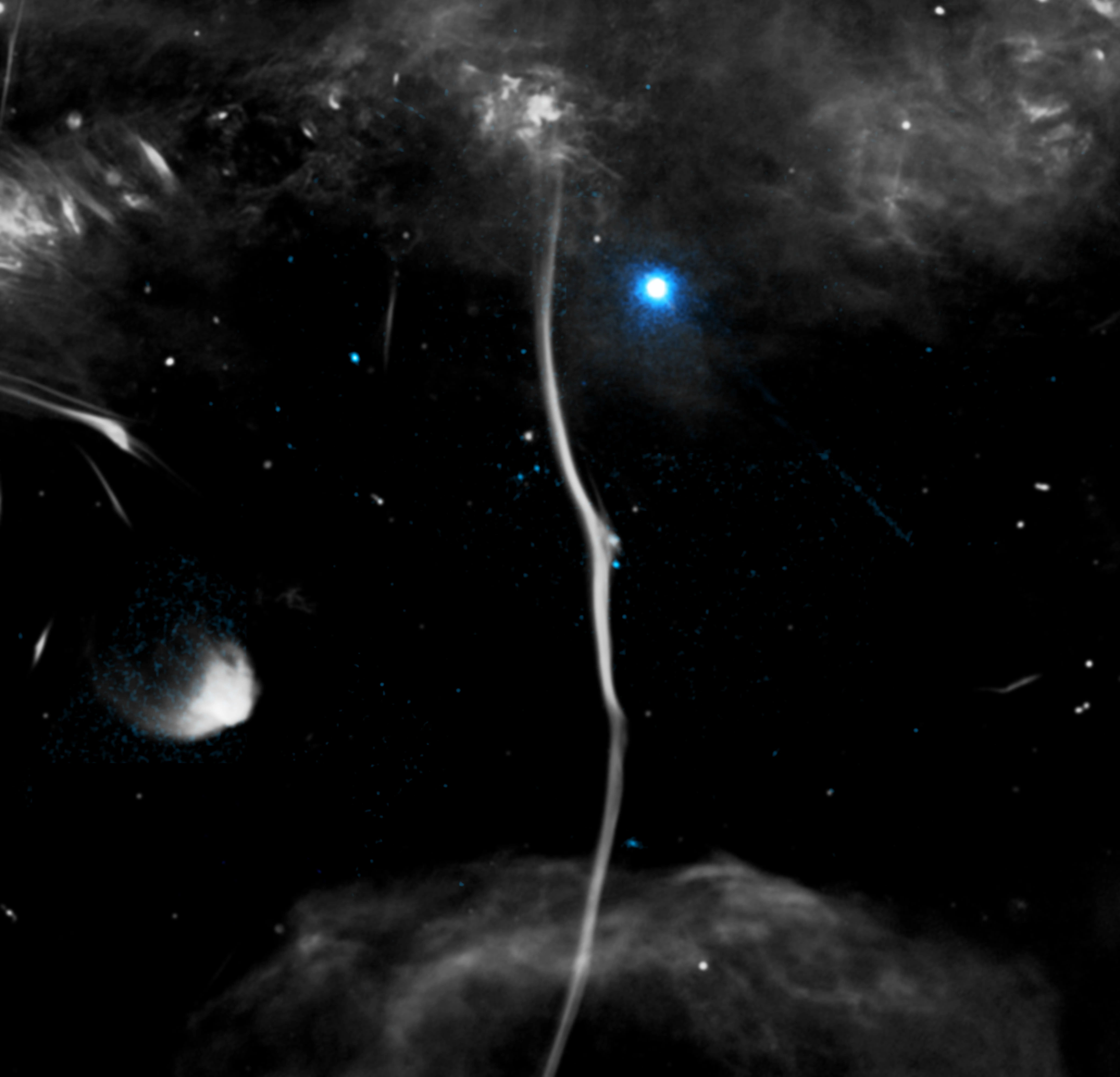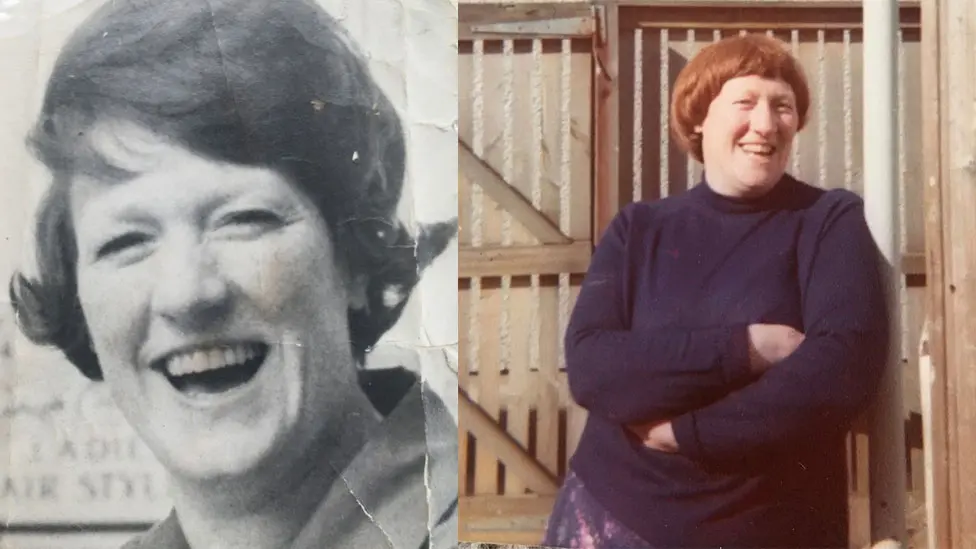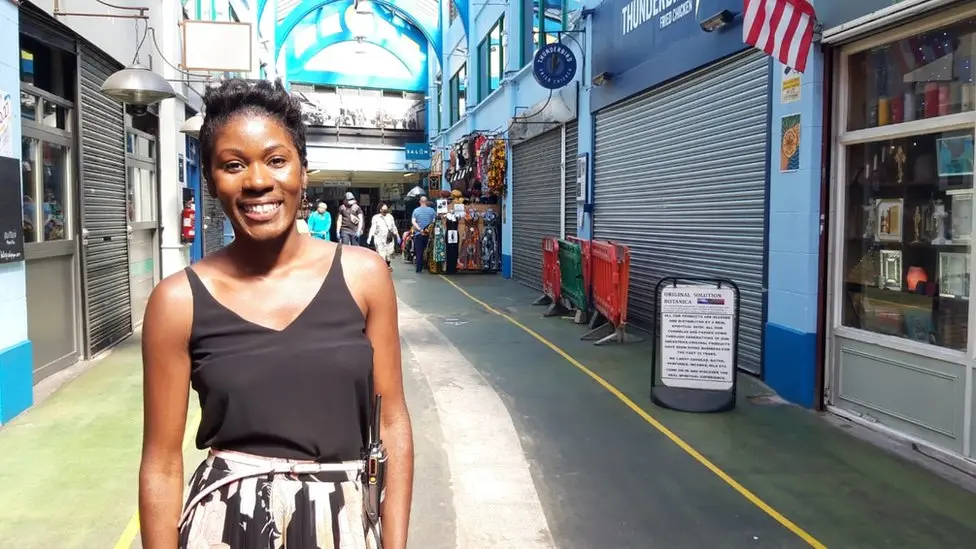The Plan to Send Plant-Filled ‘Gardens’ Into Orbit
The Plan to Send Plant-Filled ‘Gardens’ Into Orbit
Space agencies around the world are working on an ambitious plan to create plant-filled ‘gardens’ in orbit around…

The Plan to Send Plant-Filled ‘Gardens’ Into Orbit
Space agencies around the world are working on an ambitious plan to create plant-filled ‘gardens’ in orbit around Earth. The idea is to study the effects of space travel on plants and their ability to grow in microgravity.
These plant-filled modules will be sent to the International Space Station (ISS) where astronauts will monitor their growth and development. This research will help scientists better understand how plants can be grown in space to support long-term space missions, such as trips to Mars.
The plants will be housed in specially designed modules that provide them with the necessary conditions for growth, including nutrients, water, and light. Scientists are hopeful that these ‘space gardens’ will not only provide valuable data for future space missions, but also help improve life on Earth.
By studying the effects of microgravity on plants, scientists hope to learn how to overcome the challenges of growing food in space. This knowledge could lead to advancements in agricultural technology and help address food security issues here on Earth.
The first plant-filled module is set to be launched to the ISS next year, with plans for more modules to follow in the coming years. This groundbreaking research has the potential to revolutionize our understanding of plant biology and pave the way for sustainable space exploration.
As we look to expand our presence in space, understanding how to sustain life beyond Earth is crucial. The ‘gardens’ in orbit project represents an important step towards achieving this goal and unlocking the potential of space agriculture.
With the support of space agencies and researchers from around the world, the future of space gardening looks bright. By sending plant-filled modules into orbit, we are taking a giant leap towards establishing sustainable ecosystems beyond our planet.





